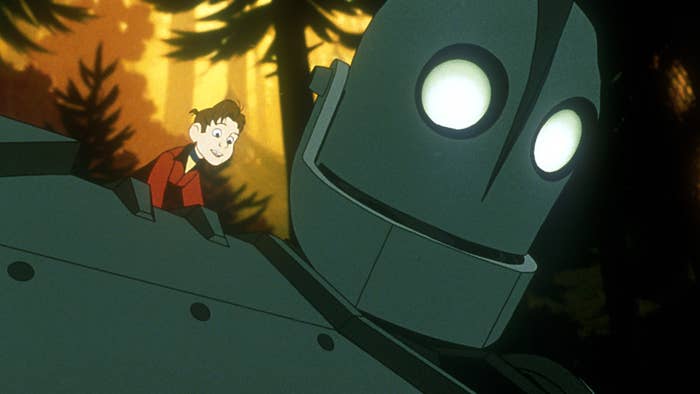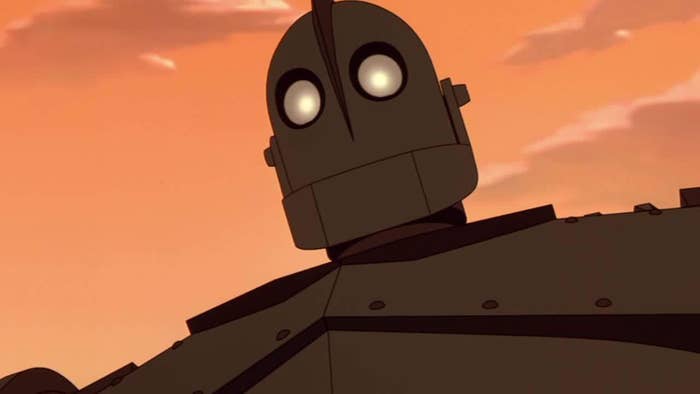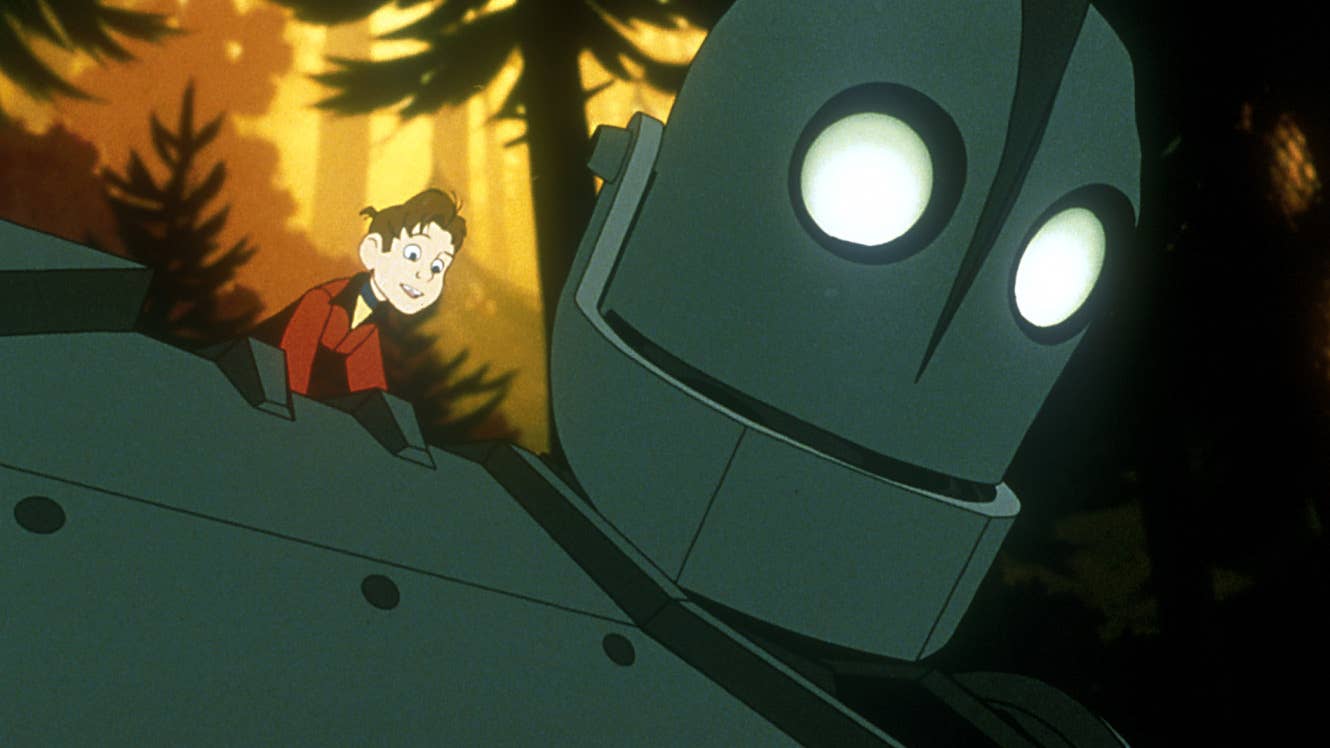
Do you remember when you’d be watching a movie on VHS and whenever you wanted to rewind it you’d have to get up, hold the rewind button on the machine then try to get comfortable in bed again? That was my childhood: bundled up in my small bed in my small room, watching movies that my mom would rent for me from the local library; my little corner of the world in north Jersey. I always had time to get situated in my matchbox-sized bed because VHS tapes used to play trailers of movies that were "coming soon to own on video and DVD." Each tape always had a unique smell to them, helping you differentiate which ones were freshly added to the shelves and which ones had a little age, almost like a new pair of shoes.
Now prehistoric, my VHS tape collection used to be my pride and joy. I had all the animated classics (for a kid growing up in the mid-2000s) from Osmosis Jones to Treasure Planet and The Land Before Time. There was something special about the ritual of cracking open the plastic jaw that each tape lived in and entering the worlds of each movie. But no movie stayed in rotation more than my personal copy of 1999's The Iron Giant.
The Iron Giant’s plot seems simple enough. We follow young Hogarth as he encounters a giant robot from outer space and tries to keep his new metal companion a secret from his mom and the government in a post-Cold War America. It had all the makings of a movie that would get a poorly animated follow-up TV series to milk its initial success. But director Brad Bird was in his bag when he made The Iron Giant (he would go on to make The Incredibles as well). In a two-hour animated movie, we not only see a young boy teach a sentient robot about complex concepts like life and death but also see this same robot that was originally a killing machine become an anti-gun pacifist and learn the fragility of humanity as well as gaining its own in the process. What the fuck.
This movie has a lot of special moments—from junkyard artist turned father figure Dean telling Hogarth early on “you are who you choose to be,” which Hogarth later repeats to the giant in order to stop his rampage through the town—to all the Superman symbolism and themes of choosing your own destiny. But what's truly impressive about this film is that Bird establishes more humanity in a giant robot than in most of the human characters.

“You’re made of metal, and you think about things. That means you have a soul, and souls don't die.” I didn’t realize how profound Hogarth's statement was as a kid, but I don’t think I was supposed to. The way I took it was if I always think about things and always stay inquisitive then I’ll never lose my soul (that might have been lowkey profound but I just didn’t realize it back then). I honestly don’t think I can say I fully understood the concept of a soul at 10 years old, but the way The Iron Giant described it here felt so simple to understand. As a kid, The Iron Giant taught me that everyone deserves a chance. It didn’t make me grow up any less critical of the world, but rather I always remained optimistic because of that idea that if you think, then you must feel. And if you feel, you have a soul. I’ll never forget that. This animated “kids movie” from the ‘90s comments on the red scare in small-town America, fear of impending nuclear warfare, the space race and what happens after we die. Originally I thought this subject matter was far too deep for its intended viewer age, but I now realize that if you learn about things like this early, it sticks with you forever.
Today, The Iron Giant turns 20 years old and is now finally the same age as me. It feels almost poetic to be able to reflect on how we’ve both grown since the first time I watched it as a kid. As I rewatch it now, this movie still hits different. It’s one of those films that you can watch as a kid or as an adult and still relate to, just in a different way. But I never saw myself as Hogarth, always as the giant; trying to navigate this new and intriguing world. The Iron Giant isn’t profound because of the heart wrenching Superman-esque sacrifice play the giant does to save the town or the theme of creating your own destiny. It’s profound because it goes beyond the basic message of things not being born innately good or evil, teaching you instead that everything feels something, and that is timeless. The method I first watched The Iron Giant may be outdated, but the movie will never be. Souls don’t die, and neither do classics.


